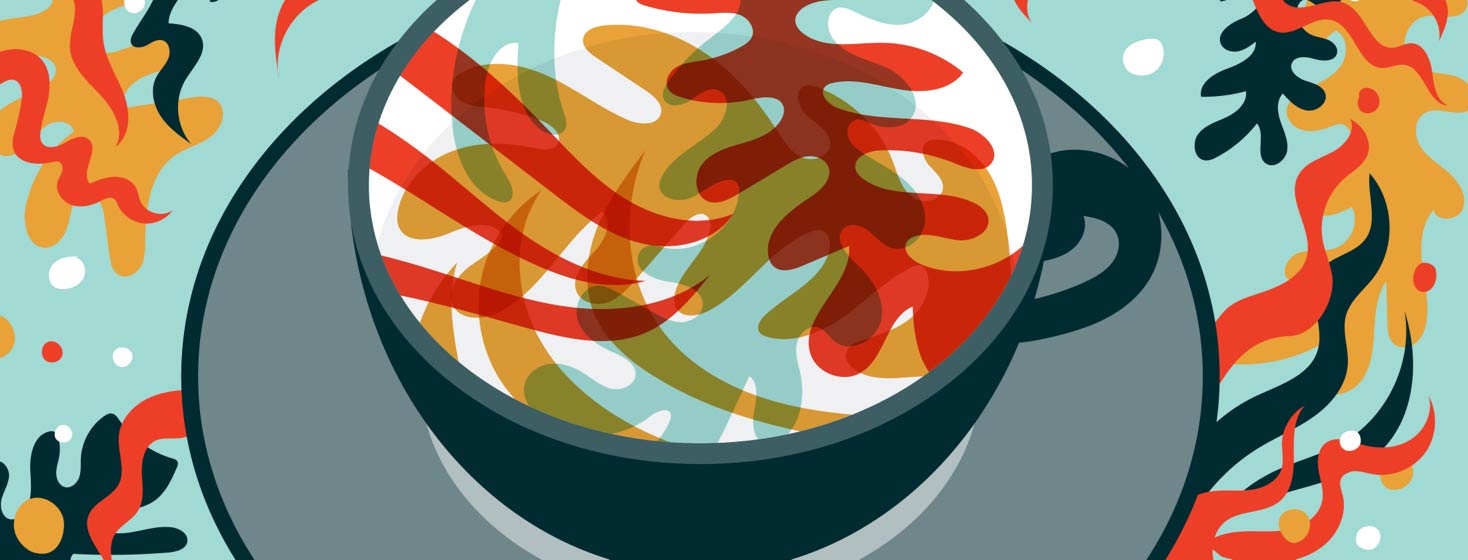Can Tea Help With Asthma Symptoms?
Tea is warming, comforting, and soothing...but can it help with asthma symptoms? Many people in the Asthma.net community report that tea is helpful for asthma symptoms that they experience, like mucus, a sore throat, and dryness. It makes sense that a warm beverage would possibly help relieve these symptoms, but it made me wonder if there is research that proves the benefits of tea for asthma.
Tea and asthma
I am an avid tea drinker; if you open a particular cupboard in my kitchen, you will be bombarded by falling tea boxes and bags. My partner and I enjoy sharing a pot of tea every once in a while, but he is more of a coffee drinker. He reports that coffee helps with asthma symptoms, and on days where he is experiencing an asthma flare-up, he'll gravitate towards making a hot cup of black coffee. Coffee may help relieve some asthma symptoms, and it made me ponder if tea could be helpful for my partner as well.
Caffeinated tea
Caffeine has been proven to be a mild bronchodilator and can improve lung function for two to four hours after being consumed. Certain teas like black, green, oolong, and white tea contain caffeine, and black teas typically contain the highest amounts of caffeine. Coffee generally has double the amount of caffeine compared to tea (even black tea), so if you are used to drinking coffee, the bronchodilator effects may feel weaker when drinking tea due to its lower caffeine content. Therefore, a few cups of tea may help you feel bronchodilator effects similar to coffee.1
Herbal tea
One herbal tea that actually has a decent amount of research to back up the claimed benefits is ginger. Several proven benefits of ginger according to various studies include induced relaxation of smooth airway muscle and reduction of allergic asthma inflammation. Licorice tea is another herbal tea that may provide some relief for asthma symptoms. Glycyrrhizin is a constituent found in licorice, and when combined with Salbutamol, it was shown to have synergistic anti-asthmatic effects in rats and guinea pigs.2-6
Hot liquids for asthma
Hot or warm liquids like tea may feel soothing, especially when dealing with asthma-related symptoms such as a sore or dry throat, mucus, or cough. However, there isn't much research or studies conducted specifically on the effects of hot liquids and asthma. That doesn't mean that drinking tea or hot liquids is not helpful, it just means that there currently isn't science to back it. Please note - beverages that are too hot can actually cause esophageal spasms, so be mindful that your hot beverage is at a safe drinking temperature.7
Takeaway
It is important to be aware that drinking tea is not a treatment for asthma, nor should it be used in place of any asthma medications. However, some might find drinking tea to feel soothing or pleasant for the throat or mucus. Tea that contains caffeine may act as a mild bronchodilator, and herbal teas such as ginger and licorice may help with inflammation of the airways and allergic asthma symptoms.

Join the conversation